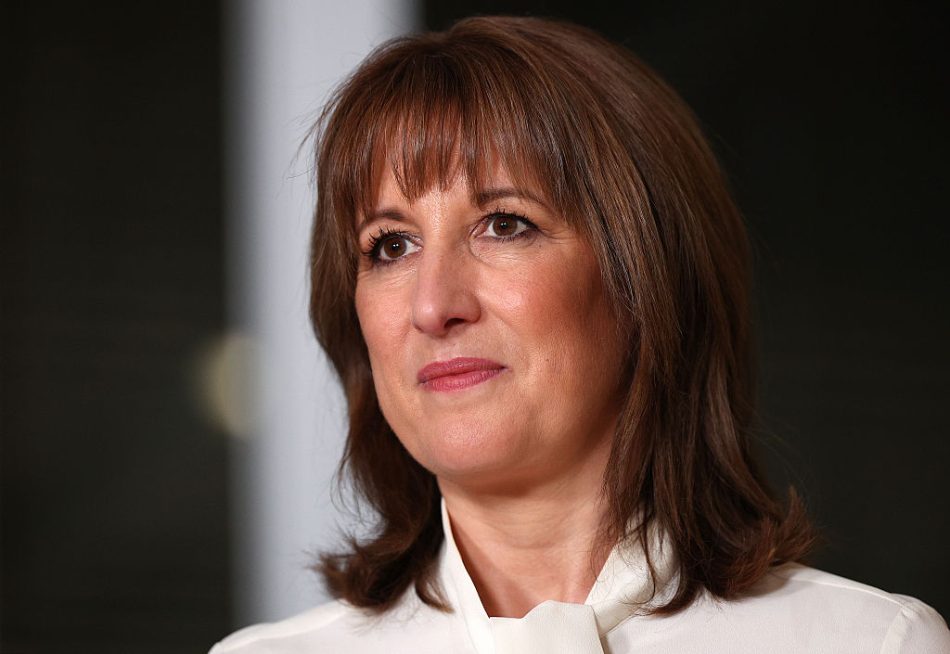‘Write and record’ was the dying instruction of the historian Simon Dubnow – shot by Nazis in the Riga ghetto – and two books recently emerging from Ukraine embody this spirit in spades. Now that the world’s anger and sympathies have largely moved on to the Middle East, they may do something to rekindle that earlier sense of outrage and remind the ‘caring’ classes of atrocities closer to home.
‘My hatred flows from the
small things to the big things. Every fibre is filled with it’
The first, Our Daily War, comes from Andrey Kurkov, the celebrated Russo-Ukrainian novelist and author of 2022’s Invasion Diary, a detailed on-the-ground account of Putin’s attack on his country. Kurkov’s new work, bookended by the Russian invasion and Alexei Navalny’s murder, seems not so much a diary as a series of dated articles, almost letters to the reader – sometimes a day, sometimes a fortnight apart – giving us news of what is happening in his country: ‘Every day I write and think about the war. I surround myself with the war and allow its horrible mass to pass through me.’ That ‘mass’ is one Kurkov has digested for the reader with notable self-discipline. Thoughtfulness nearly always prevails over anger; the pieces are flawlessly structured; the tone is devoid of self-pity.
Those looking for horror will of course find it here. Kurkov tells us, page after page, of the rape Russia is inflicting on his country. In the occupied territories, locals are forced through filtration camps, and those with the wrong tattoo or ill-advised social media posts are ‘according to some eyewitness accounts… killed immediately’. When the corpse of the children’s writer Volodymyr Vakulenko is finally found, it’s clear he hasn’t been shot in hot blood by the enemy but executed: ‘Two bullets from a Makarov pistol were taken from Vakulenko’s body. Russian soldiers do not have pistols, only machine guns. Officers have pistols.’ In Kyiv, a friend, the rector of a university, commits suicide: ‘He left a note explaining that he could not live like this any more.’
Yet saturating the book is a note of savage black comedy, the farce of a world made weird by unimaginable violence. Treasure hunters with metal detectors offer their services (at a considerable price) as clearers of minefields. With the attacks on power stations, Kurkov finally finds a use for all the lame scented candles and granny-knitted socks he’s been given for Christmas over the years. The city of Chernivtsi is now home to a flock of wild green parrots, ‘released from their cages before their owners fled’.
So dense, over the book’s 340 pages, is the accumulation of anecdote and detail, you can’t help but wonder if it wouldn’t have hit harder as two slimmer volumes. In his defence, Kurkov himself would surely have preferred to write a shorter book, too. In December 2022, we find him prophesying to friends that the war will end in the New Year; two months later, that the tenth anniversary of the annexation of Crimea will be marked by Ukrainian victory. This, alas, is Kurkov the novelist speaking. In reality, those dates have come and gone and the ‘horrible mass’ of war, so well described, continues to grow.
A less detached, more ‘Old Testament’ work is The Language of War. Oleksandr Mykhed, an author turned soldier, forced to flee with his wife from their home in the Kyiv suburbs, gives us many things here: a personal account of displacement, a study of what happens to children’s heads during wartime, of how war changes people utterly and what they discover about themselves in the process.
But what readers will surely take away from Mykhed’s book – which eats into the mind like phosphorus – are not only his love of life but, more strikingly, his steadily growing, limitless hatred of Russia, offered up with chilling candour and allowing no one off the hook. Amid pitiless, relentless descriptions of child rape, child abduction, of the deliberate mass killings of civilians (Bucha, from which his parents finally escaped after a long ordeal, is the dark heart of The Language of War), Mykhed studies the course of his rage, as though mesmerised and slightly in awe of it:
My hatred flows from the small things to the big ones. Every fibre is filled with it. Hatred towards the smallest particle of Russian collective consciousness and to their greatest symbols… And should I consider this hatred as a new experience? How should I manage this anger? Or should I?
There is nothing politically correct about this, of course, but liberal western audiences, reading the book under electric light in heated or ventilated rooms, would do well to pause before passing judgment. With the possibility that before long an unsatisfactory peace may be forced on the country, Mykhed’s implacable wrath and those legions of Ukrainians who share it, are, like Russia itself, not going away.







Comments